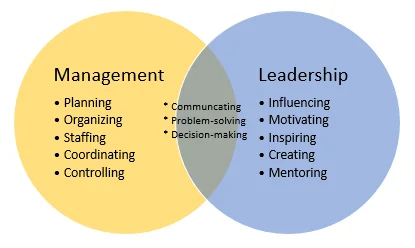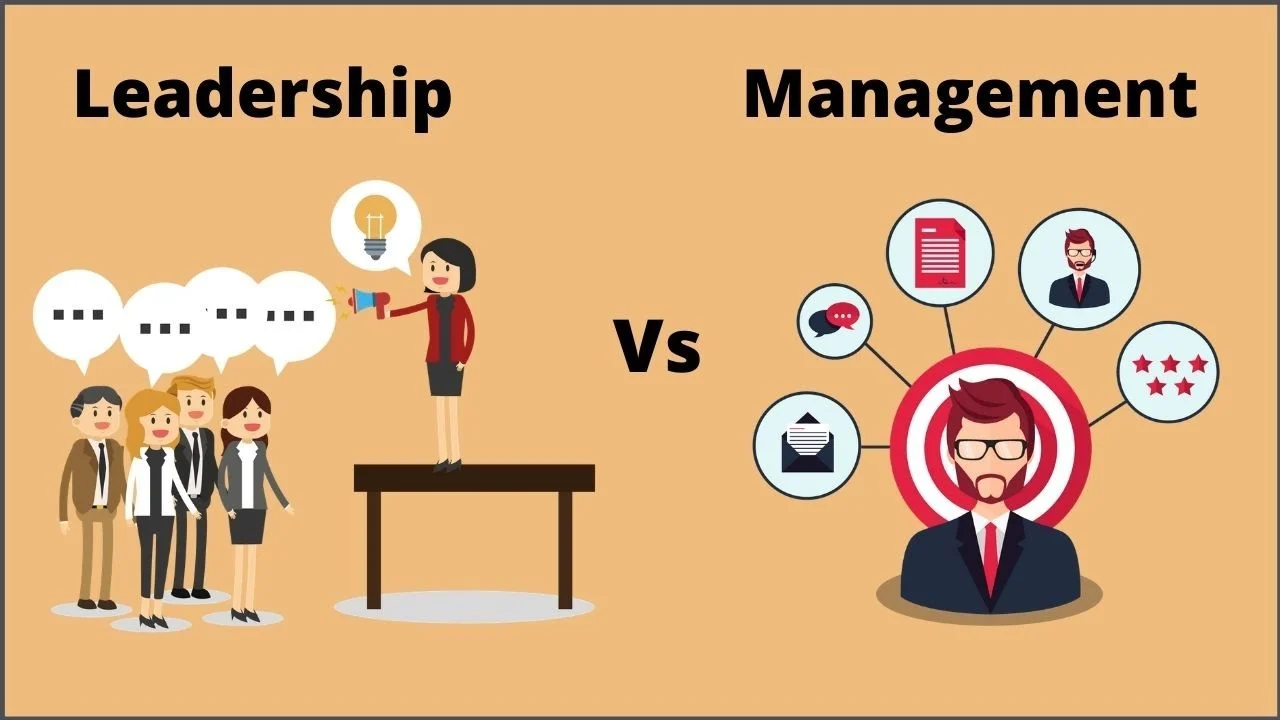Leadership and management skills: In the dynamic landscape of today’s business world, effective leadership and efficient management skills are paramount to achieving organizational success. Leaders guide their teams toward a common vision, while managers efficiently allocate resources and oversee processes. This article explores the critical components of leadership and management skills, emphasizing their interdependence and strategies to foster growth in these areas.
Understanding the essence of leadership and management
- Definition of Leadership:
Leadership involves motivating and motivating a team to achieve a shared objective. It revolves around vision, communication and empowerment. A great leader guides the team through challenges, encourages creativity and ensures that everyone is aligned with organizational goals. - Management of seizures:
Management focuses on planning, organizing and controlling resources to achieve specific goals. It is about structuring work, optimizing processes and ensuring efficiency. Effective management ensures that goals set by leaders are met in an orderly and organized manner.
Coordination between leadership and management

Successful organizations recognize that leadership and management are not separate entities but intertwine for optimal performance.
- Law of Equilibrium:
While leadership sets the direction and vision, management ensures that the vision is executed efficiently. A perfect balance of both is crucial; Leadership provides the ‘what’ and ‘why’, while management provides the ‘how’ and ‘when’. - Communication Bridge:
Leaders communicate vision and inspire commitment, and managers translate this vision into actionable plans for the team. Clear communication ensures that everyone is on the same page, promoting a cohesive work environment.
Enhancing leadership skills
- Vision and Strategy:
A strong leader has a clear vision and develops strategies to achieve it. Engaging the team, instilling a sense of ownership and commitment is essential in shaping this vision. - Effective Communication:
Communication is the cornerstone of leadership. Leaders must express their point of view, provide feedback, and actively listen. Tailoring communication with various stakeholders ensures understanding and engagement. - Empowerment and delegation:
Empowering team members and delegating appropriate tasks not only reduces the leader’s workload but also encourages growth and skill development among team members.
Fostering management skills

- Strategic Planning:
Development of long-term and short-term plans aligns the organization and optimizes resource allocation. Managers need to anticipate challenges and develop strategies to overcome them. - Organizational Skills:
Effective managers have strong organizational skills, enabling them to prioritize work, manage time efficiently, and keep teams on track to achieve goals. - Adaptability and Flexibility:
In today’s fast-paced business environment, managers must adapt quickly to change, adapting strategies and processes to evolving circumstances.
In conclusion, a successful organization thrives on a symbiotic relationship between leadership and management. Leaders provide vision and motivation, while managers translate that vision into actionable plans and ensure efficient implementation. By honing both leadership and management skills, individuals can contribute to organizational success, drive growth, innovation, and employee satisfaction. Continuous learning and development in these areas is critical for those aspiring to take their organization to new heights.
Read Also: Diversity and inclusion in the workplace
![]()






One thought on “Leadership and management skills”